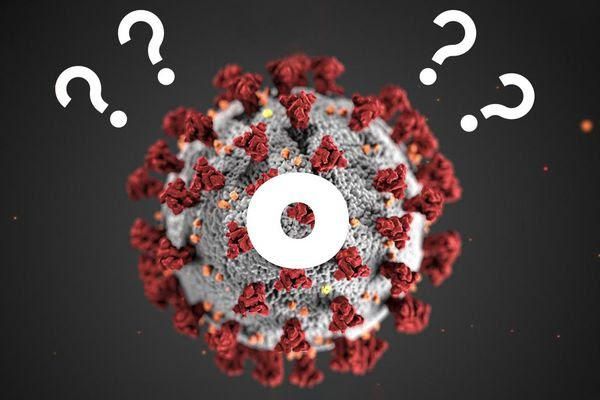With the omicron COVID variant fast conquering every corner of the globe, people and governments are once again forced to make difficult decisions about pandemic policy and personal behavior. Borders are closing and testing sites are overwhelmed.
But is there something different about this wave from previous ones? We sat down with Eurasia Group public health expert Scott Rosenstein to get some perspective.
Scott, let’s start with the basics. What do we know about 0micron, and what don’t we know?
There are three big questions, and we have a decent understanding around two of them.
First, transmissibility — it’s spreading far and wide, and it’s hard to see anything that will stop that. It’s quickly outcompeting delta in the US, UK, Denmark, and likely many other countries in the coming weeks.
Second, vaccines – all of the vaccines, but particularly the mRNA ones, still seem to reduce the risk of severe illness and death even without a booster (though less so than with earlier variants.) But they are struggling mightily against a highly contagious variant that can take hold in your nose before your immune system even has time to respond. An mRNA booster (and possibly others) should restore some protection against even mild infection and transmission, but for how long is unclear.
Third, severity — the most hotly debated and poorly understood question of the three. There’s already a cottage industry of hot takes out there. My lukewarm take has always been that this question would take the longest to answer and will require a ton of caveats — we still can’t even really answer it conclusively with delta. And delta showed lower rates of hospitalization and death per case in places with high levels of vaccination or previous infection, even if the variant itself likely isn’t fundamentally less severe.
For omicron, that could also be the case. It does, however, seem like South Africa is experiencing a less severe outbreak. And there is evidence that it replicates less well in the lungs. Both of those things are positive signals, but the reality is that we just don’t know yet and won’t for at least a few more weeks with data from other countries.
South Africa seems to have peaked fast, is that likely to be the same elsewhere?
We should be very careful about generalizing South Africa’s experience — the demographic and epidemiological profile there is very specific. A fast rise and similarly precipitous drop certainly isn’t out of the question in many places, but remember: delta is still bouncing around twelve months after it was first identified, and it spread way faster than earlier variants. There’s isn’t going to be one timeline for all countries or regions within countries.
Does the timing and nature of omicron change the kinds of political challenges that governments face in dealing with it?
We’re two years into an already exhausting and painful pandemic. The longer this drags on the more politically divisive it becomes, which undermines coordinated and evidence-based policymaking. Broadly, rich countries may be able to cushion the blow of additional disruptions with more fiscal stimulus, but the political environment for making that happen continues to deteriorate. Less wealthy countries don’t even have that luxury.
Right. What about stuff like vaccine mandates, lockdowns, and schools?
Many countries have decided that vaccine mandates are the best of a bad set of options to curb spread. That position won’t likely change, but it’s going to get more complicated with questions around what constitutes “fully vaccinated” and what vaccines qualify under the mandates.
Schools is a touchy issue. Some are likely going to be able to stay open safely, thanks to tests, ventilation, vaccination, and small class sizes. But not all of them, and a blanket policy to keep all schools open would overlook the lower-resourced ones where a lot of kids are returning home to multi-generational households where the grandparents are the caregivers because the parents need to work and can’t do it over Zoom.
What did you make of President Biden’s omicron speech on Tuesday?
It’s hard to figure out who exactly he is trying to reach at this point since so many people have dug in on their respective positions. He’s right to point out the risks to the unvaccinated but shaming them probably won’t move the needle that much and could embolden the vaccine opposition. Bolstering healthcare capacity with federal resources including the military should help hard-hit areas. But if things get bad in too many places that may be more of a band-aid on a gaping wound. And sending 500 million tests to people’s homes is a great idea — for twelve months ago. The consistent underperformance on testing remains a big unforced error for the US public health response. Better late than never I guess.
Is there a world in which Omicron gets us faster to the endemic nuisance stage of the pandemic?
That world exists. I wouldn’t expect to wake up in it in the coming weeks. That best-case scenario remains possible in the medium term: i.e. this variant results in much less hospital strain than previous waves, and builds a wall of immunity against severe illness high enough to keep hospitals from overflowing again.
“If it bleeds it leads” is a common saying in journalism. But one of the interesting things about this pandemic is that there is also an incredible demand for good news, and that can lead (again) to a false sense of security and mission accomplished bias. So we should be careful not to smoke too much of that sweet sweet hopium™.
